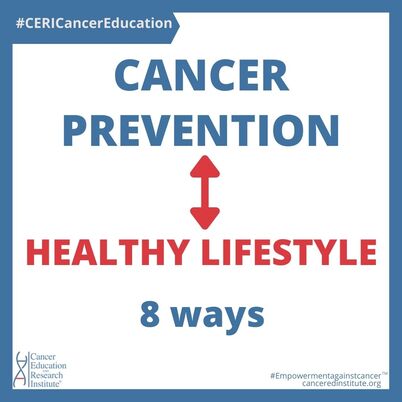Introduction
Understanding how to balance hormones and provide essential nutrients for your menstrual cycle is crucial for maintaining overall health and well-being. Your body undergoes various hormonal fluctuations during each phase of your cycle, and nourishing it properly can help alleviate symptoms and support hormonal balance. In this article, we’ll explore some key nutrients and dietary strategies to support your hormonal health throughout your menstrual cycle.
Nutrient-Rich Foods for Each Phase
During menstruation, your body experiences a loss of blood and nutrients, which can leave you feeling fatigued and depleted. Incorporating iron-rich foods such as lean meats, beans, lentils, and dark leafy greens can help replenish iron stores and combat fatigue. Additionally, foods rich in vitamin C, such as citrus fruits and bell peppers, can enhance iron absorption.
As you move into the follicular phase, focus on incorporating foods rich in B vitamins, such as whole grains, nuts, seeds, and leafy greens. B vitamins play a crucial role in energy production and mood regulation, helping to support you through the early stages of your cycle.
During ovulation, prioritize foods high in omega-3 fatty acids, such as fatty fish, flaxseeds, and walnuts. Omega-3s have anti-inflammatory properties and can help reduce menstrual cramps and inflammation. Incorporating plenty of fruits and vegetables during this phase also provides essential antioxidants and phytonutrients to support overall health.
In the luteal phase, your body’s metabolism increases, and cravings may arise due to hormonal fluctuations. Focus on stabilizing blood sugar levels by including complex carbohydrates, such as whole grains, sweet potatoes, and legumes, in your diet. Additionally, foods rich in magnesium, such as pumpkin seeds, spinach, and almonds, can help alleviate PMS symptoms and promote relaxation.
The Impact of Hormonal Imbalance
When hormones are out of balance, it can lead to a variety of symptoms, including irregular periods, mood swings, acne, and fatigue. Dietary factors, such as consuming excess sugar, caffeine, and processed foods, can contribute to hormonal imbalances by disrupting insulin and cortisol levels.
Excessive consumption of caffeine, found in coffee, tea, and energy drinks, can disrupt your body’s stress response and interfere with hormone production. Similarly, refined sugars and processed foods can lead to insulin resistance and inflammation, further exacerbating hormonal issues.
Supporting Hormonal Balance Naturally
In addition to focusing on nutrient-rich foods, incorporating lifestyle changes can also support hormonal balance naturally. Regular exercise, stress management techniques such as meditation and yoga, and adequate sleep are all essential components of a healthy lifestyle.
Exercise helps regulate hormone levels, improve mood, and reduce menstrual symptoms such as cramps and bloating. Aim for a combination of cardiovascular exercise, strength training, and flexibility exercises to reap the full benefits.
Stress management is crucial for hormonal health, as chronic stress can disrupt the balance of cortisol, the body’s primary stress hormone. Incorporating relaxation techniques such as deep breathing exercises, progressive muscle relaxation, and spending time in nature can help reduce stress levels and promote hormonal balance.
Lastly, prioritize adequate sleep, as insufficient sleep can disrupt hormone production and regulation. Aim for 7-9 hours of quality sleep per night, and establish a consistent sleep schedule to support your body’s natural rhythms.
Conclusion
By prioritizing nutrient-rich foods, adopting healthy lifestyle habits, and managing stress effectively, you can support hormonal balance throughout your menstrual cycle. Listen to your body’s cues, and make adjustments to your diet and lifestyle as needed to optimize your hormonal health and overall well-being. Read more about period nutrition tips




